Dementia, a debilitating form of cognitive impairment, can be preventable. According to Professor Jubin Abutalebi of the University Vita Salute San Raffaele, Italy, and the Arctic University of Tromsoe, Norway, the easiest way to prevent cognitive decline after the age of 60 is to learn and practice foreign languages – the more languages, the better, suggests Professor Abutalebi in his presentation 'Preventing dementia through bilingualism' at the XXIV Yasin (April) International Academic Conference.
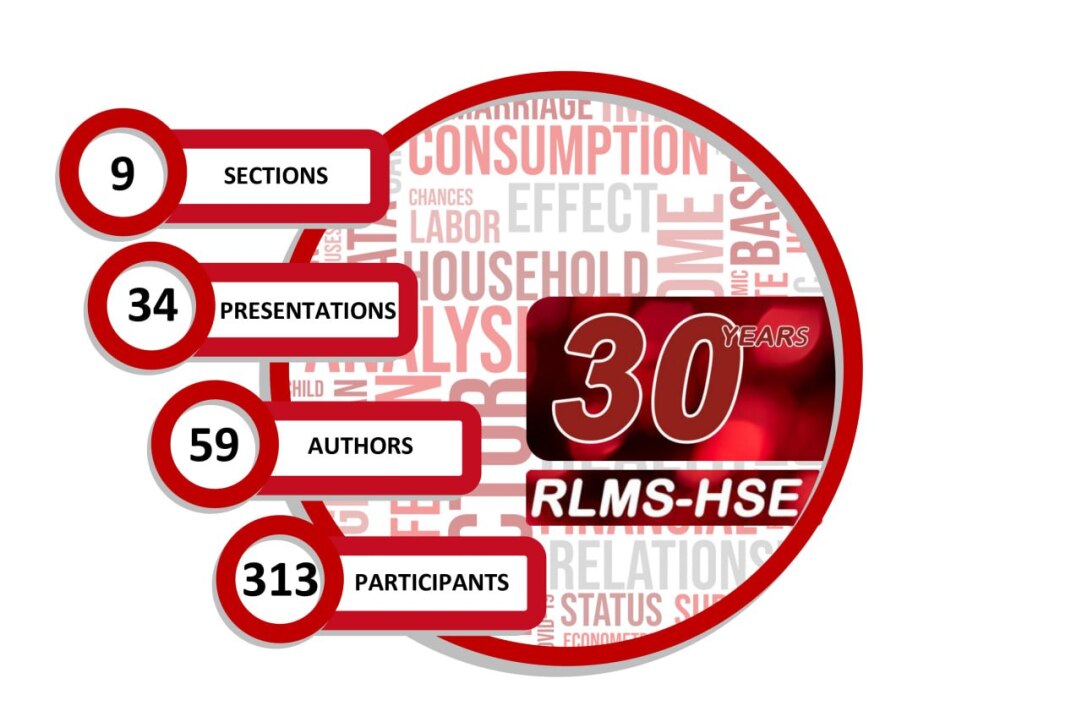


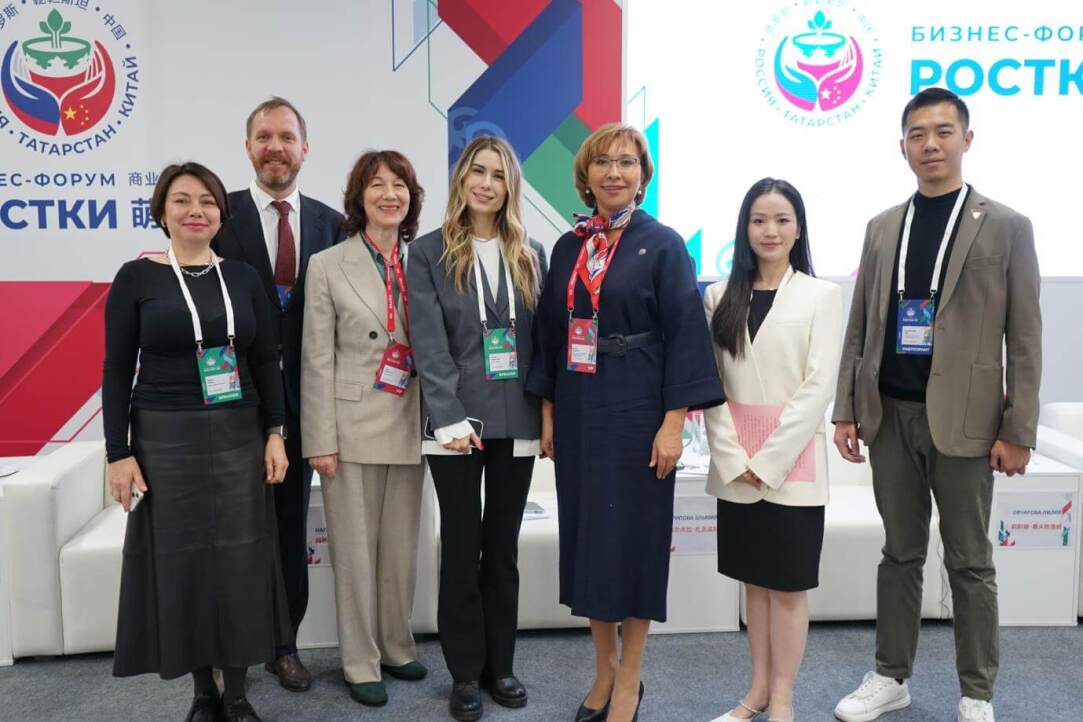

.jpg)
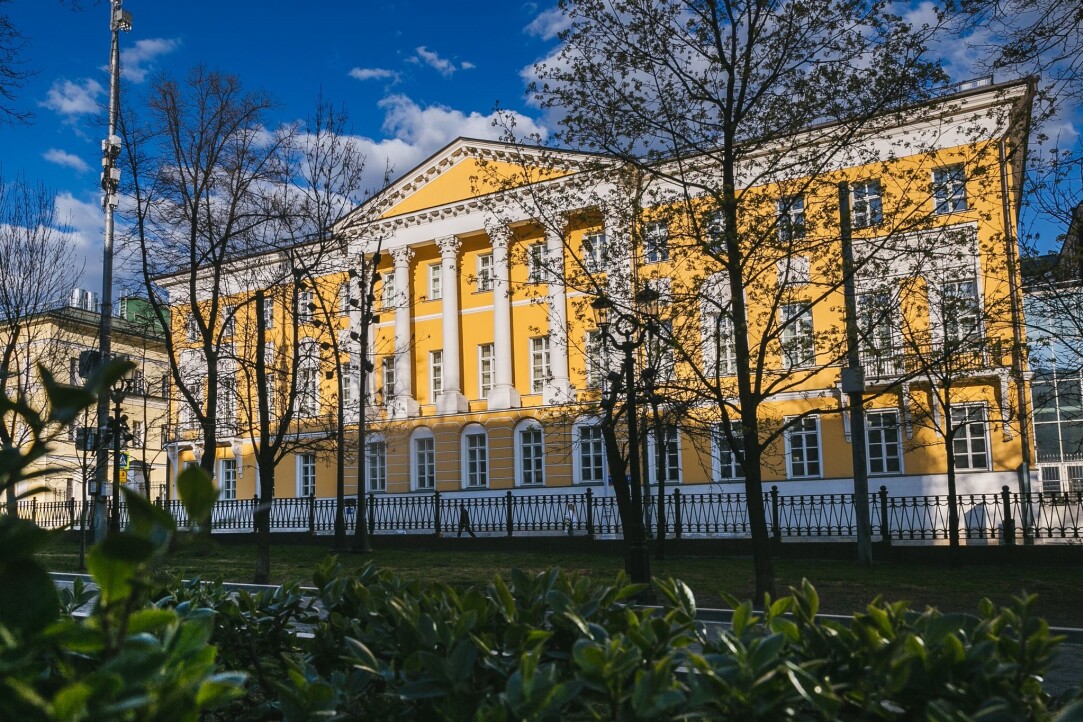
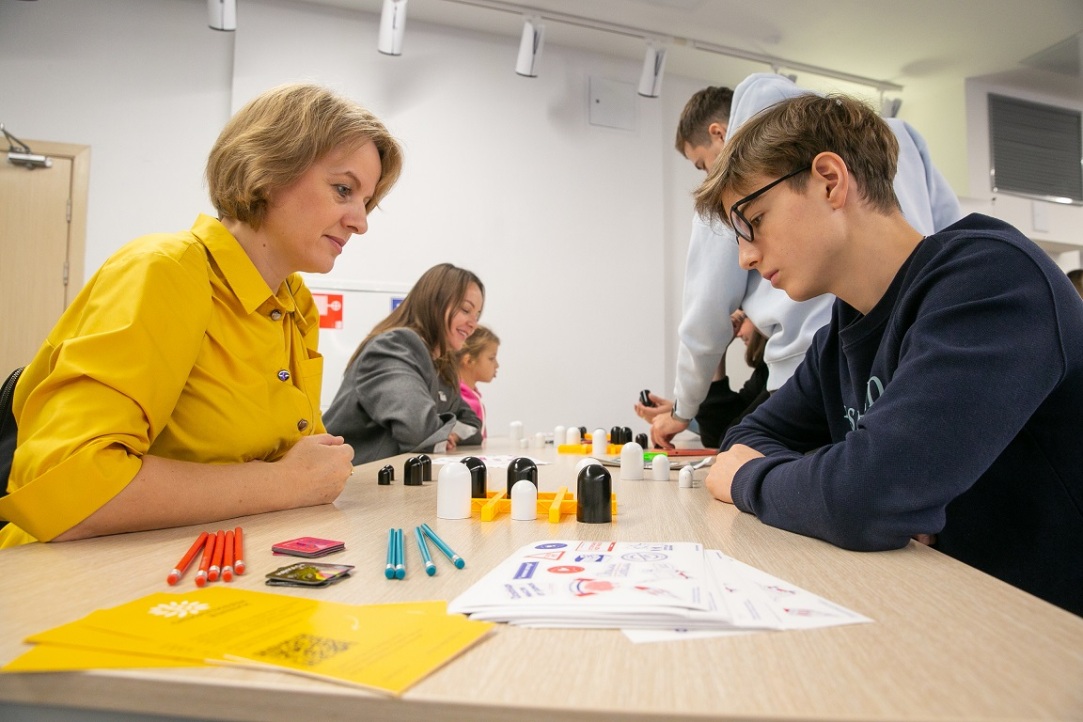

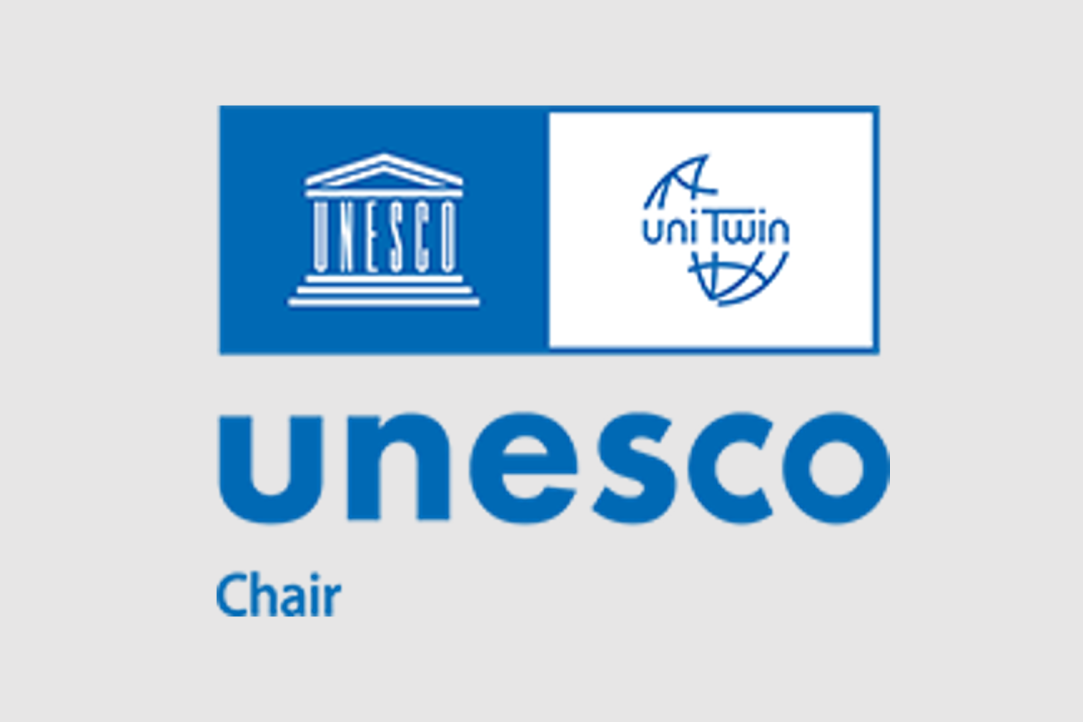
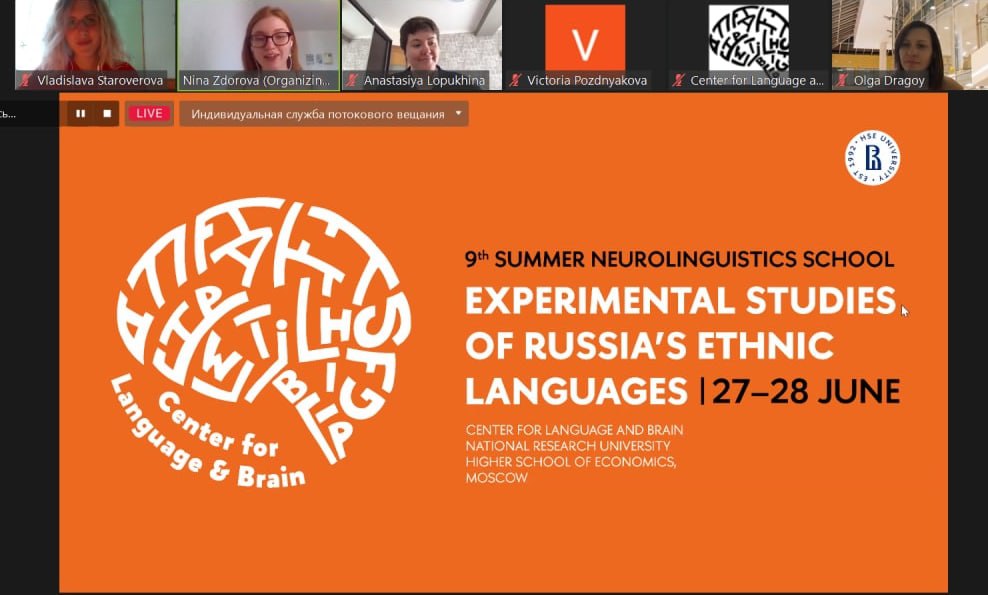




.jpg)




